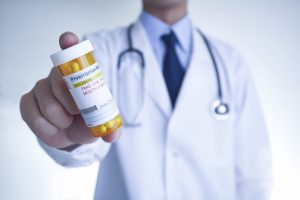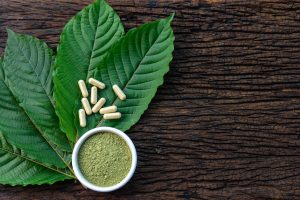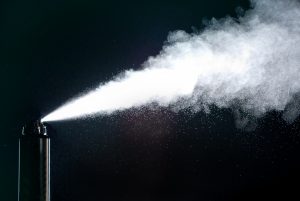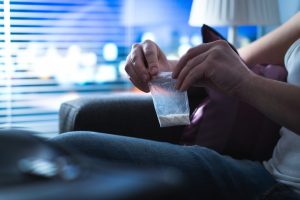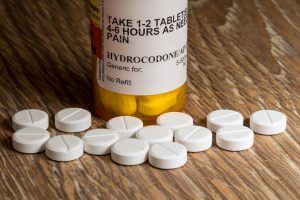
Hydrocodone
Hydrocodone is an extremely powerful narcotic that is mostly prescribed for injuries and post-operation pain.
Learn MoreHydrocodone is an extremely powerful narcotic that is mostly prescribed for injuries and post-operation pain.
Learn MoreAs a highly addictive drug, Ambien is not recommended for clients with a history of drug or alcohol abuse.
Learn MoreSocial anxiety disorder is the third most widespread psychiatric condition in the United States, followed by depression and alcohol dependence—conditions that social anxiety disorder clients are also at risk of developing.
Learn MorePrescription drugs are FDA approved and medically prescribed treatments for illnesses, infections, deficits and disorders.
Learn MoreKratom is the common name for Mitragyna Speciosa, a tropical evergreen tree found in Thailand, Malaysia, Indonesia and Papua New Guinea that is known to have mind-altering effects.
Learn MoreBecause inhalants are typically legal products, they are a particular danger to adolescents and teens, who may find them easier to obtain than alcohol or illicit drugs. According to recent government statistics, the largest segment of users are between ages 12 and 17.
Learn MoreA long-term view is an important part of aftercare. This includes undoing bad lifestyle habits that may have formed during addiction and introducing healthy ones, including exercise, meditation and healthy eating.
Learn MoreMeth works by increasing levels of dopamine in the brain, creating a fast and short-lived “high.” The drug’s effect creates a dangerous pattern for users in which they binge, remaining awake sometimes for days, and then crash.
Learn MoreMDMA, also known as Molly or Ecstasy, refers to 3,4-methylenedioxy-methamphetamine, a synthetic amphetamine derivative that lowers inhibitions and alters mood, perception and social behavior. Although first developed as a possible treatment for depression, MDMA has become a popular recreational drug, typically found in nightclubs, concerts and “raves.” Because the drug increases production of serotonin, which boosts sexual arousal and feelings of emotional closeness, Ecstasy is also known as the “love drug.”
Learn More

